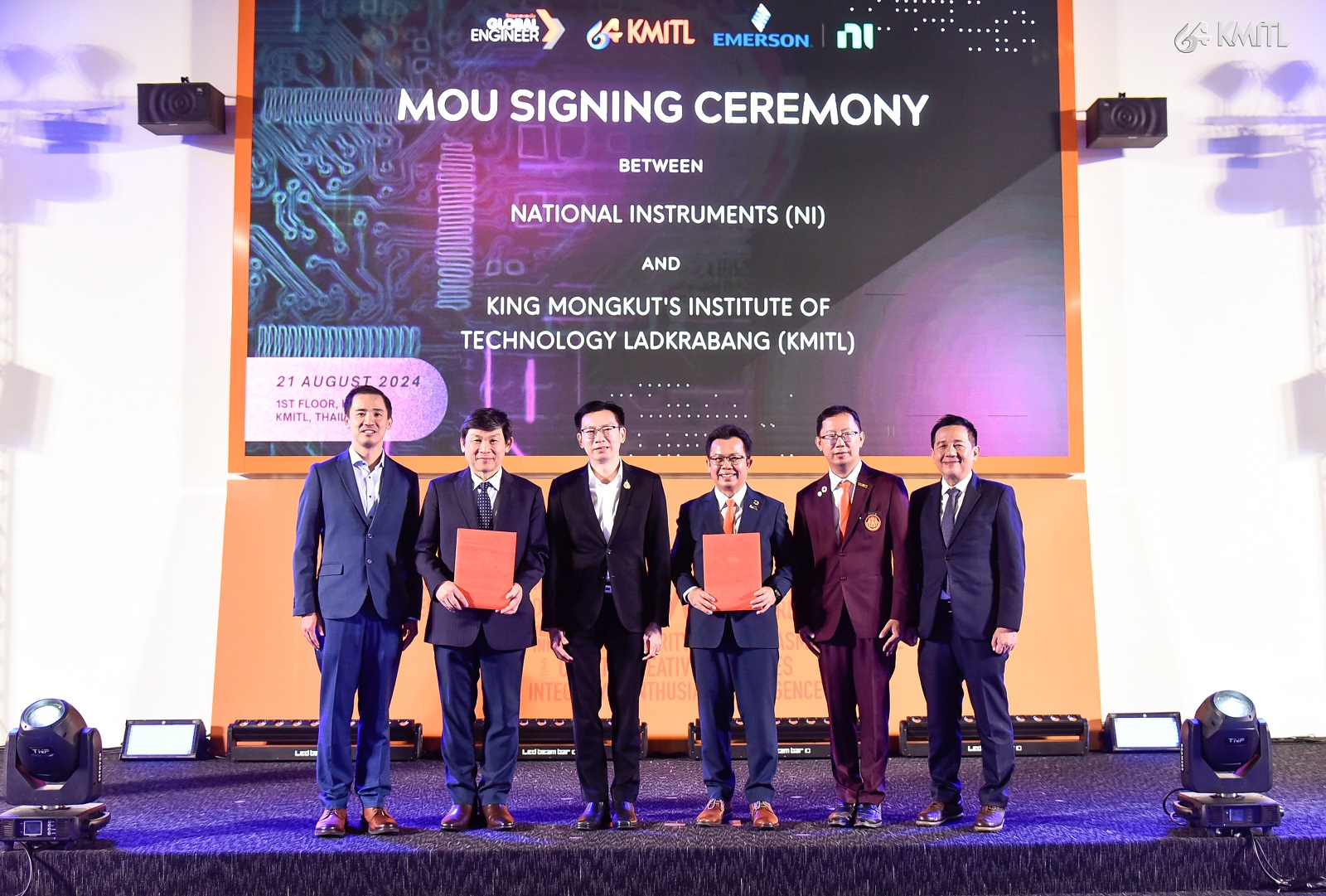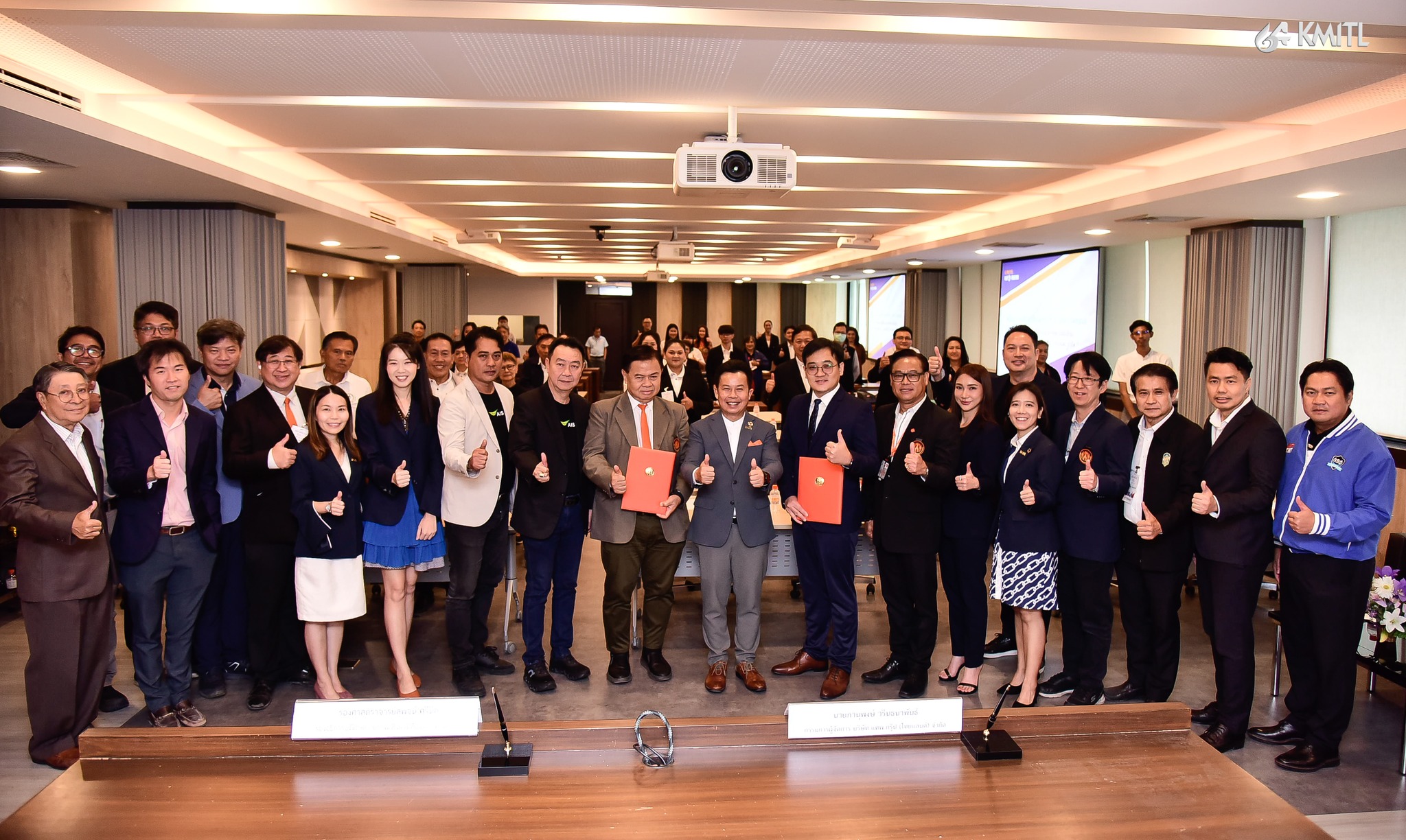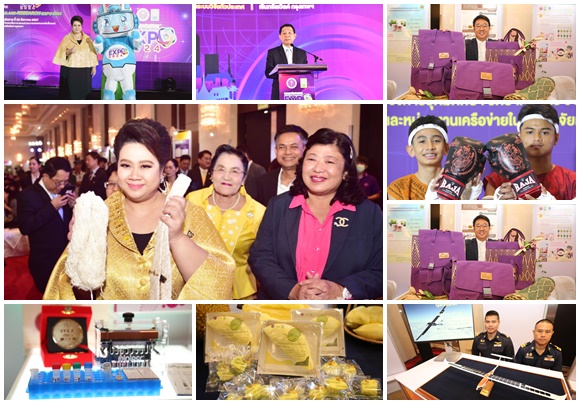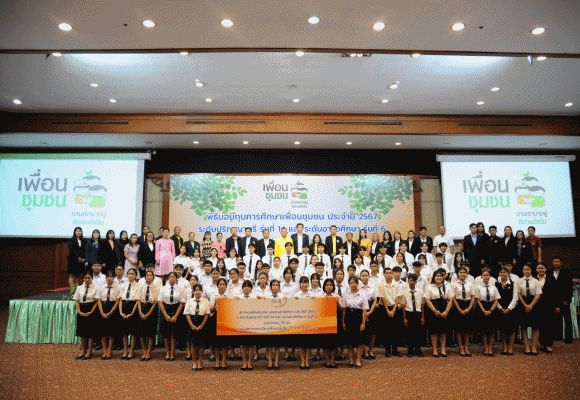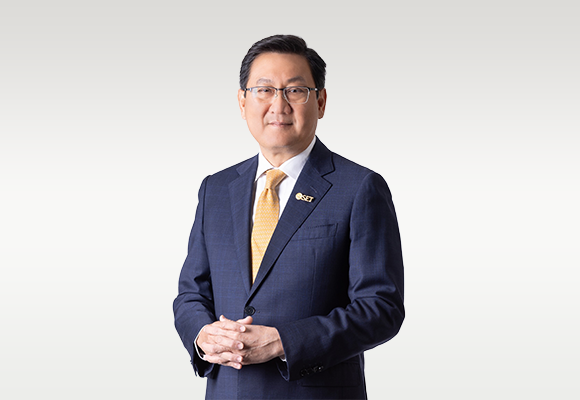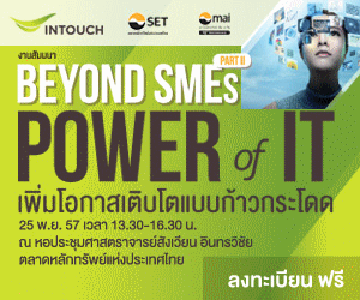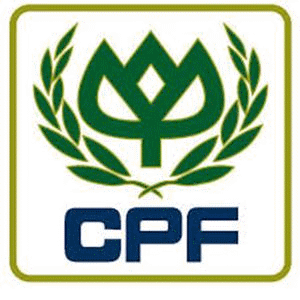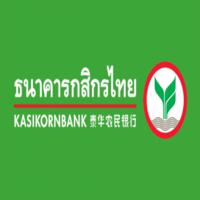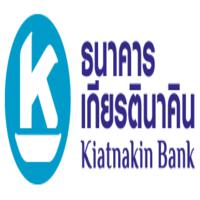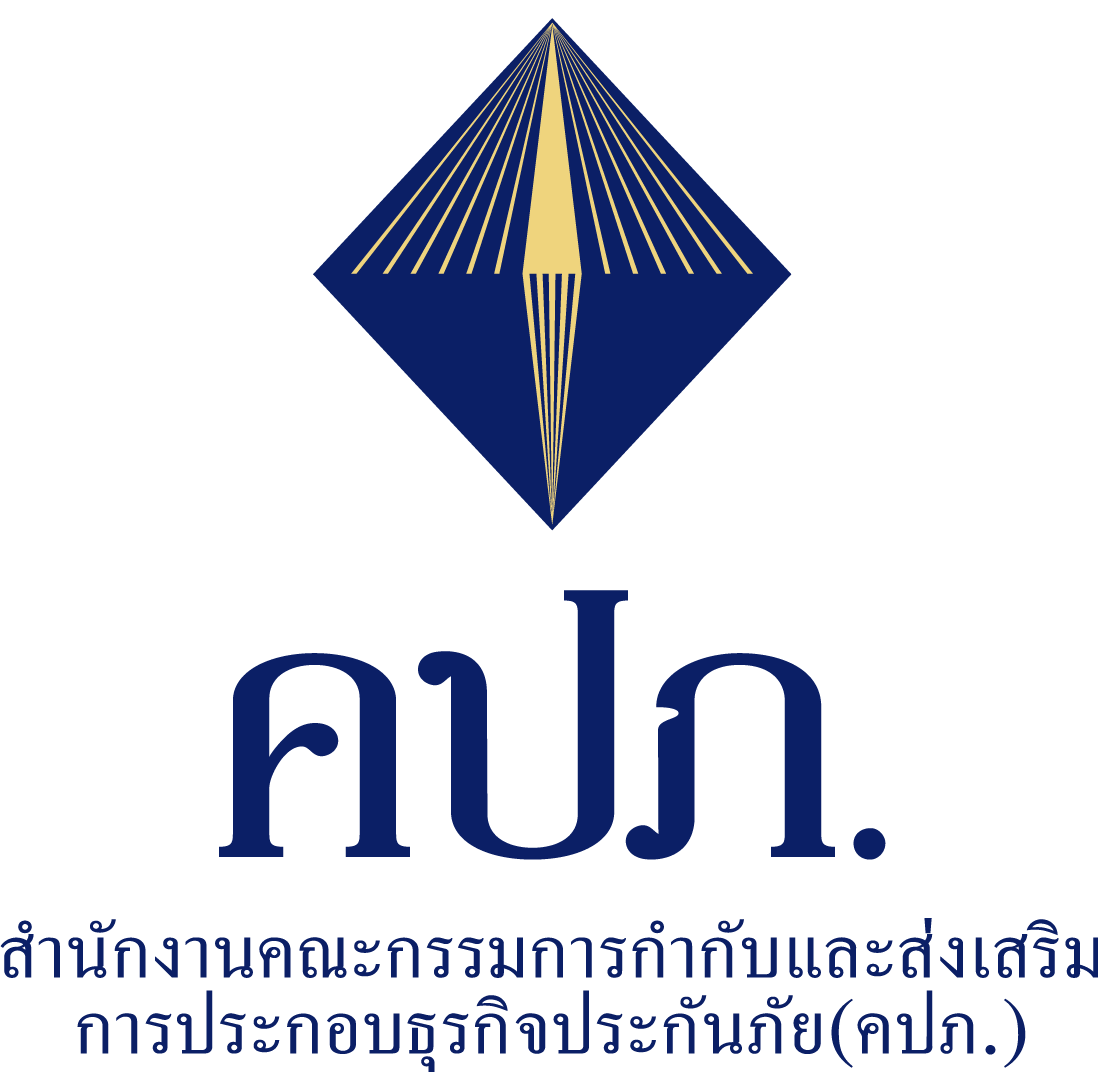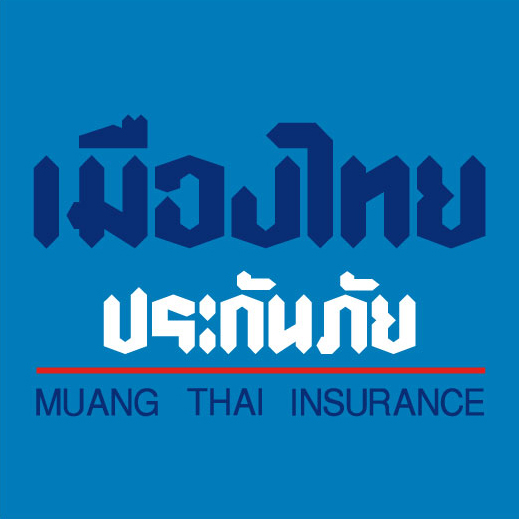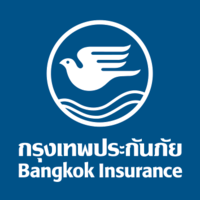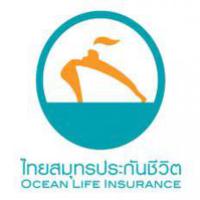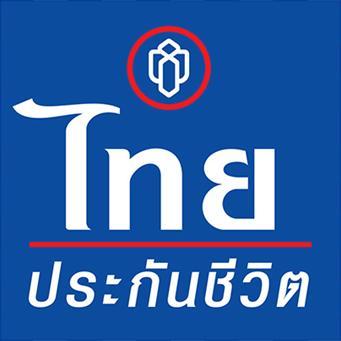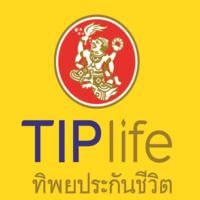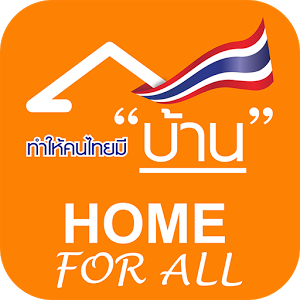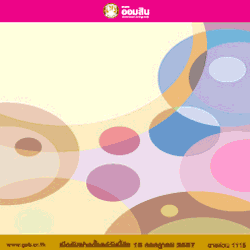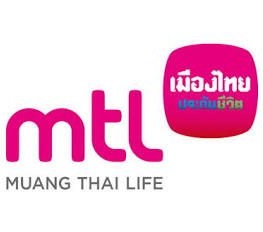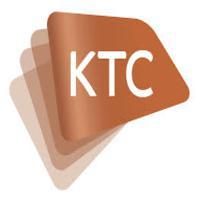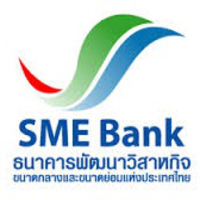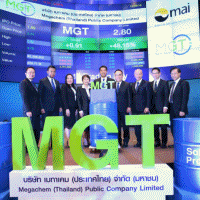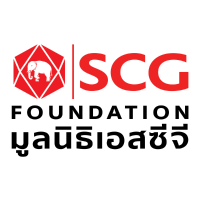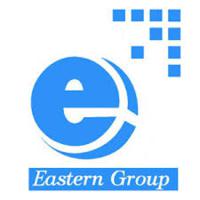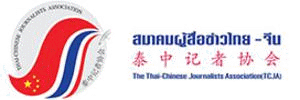- Details
- Category: การตลาด
- Published: Wednesday, 20 August 2014 17:42
- Hits: 2743
การศึกษาโดยเทเลนอร์กรุ๊
ผลการศึกษาโดยเทเลนอร์ รีเสิร์ช ซึ่งเป็นบริษัทวิจัยภายใต้
เทเลนอร์กรุ๊ปร่วมกับทีเอ็นเอส ทำการศึกษากลุ่มตัวอย่างอายุ
ในขณะที่ตลาดมือถือของสแกนดิ
“เราพบว่า การเลือกใช้แอพพลิเคชั
อินเทอร์เน็ตบนมือถือเป็นสิ่
แม้จะเป็นความจริงที่ว่าโครงสร้
- ·ร้อยละ 81 ของคนไทยและมาเลเซียใช้แอพพลิ
เคชั่นแชต (chat app) เพื่อการสื่อสารในชีวิตประจำวัน ในขณะที่คนสวีเดนและนอร์เวย์ใช้ เพียงร้อยละ 44 และร้อยละ 57 เท่านั้น - ·ความนิยมในแอพพลิเคชั่นที่โด่
งดัง เช่น Whatsapp, Line หรือ WeChatแตกต่างกันไปในสี่ประเทศนี้ โดยมีเพียง Facebook Chat เท่านั้นที่ได้รับความนิยมเท่ ากันในทุกประเทศ - ·บริการส่งข้อความสั้น (
- ·การใช้แอพพลิเคชั่นส่งข้
อความเติบโตรวดเร็วที่สุ ดในประเทศสวีเดน รวมไปถึงการสื่อสารผ่านอินเทอร์ เน็ตอื่นๆ ได้แก่ การโทรศัพท์ วิดีโอคอลล์ การแชต และการโพสต์ข้อมูลผ่านโซเชี่ ยลมีเดีย ก็เพิ่มสูงขึ้นในช่วงหนึ่งปีครึ ่งที่ผ่านมาด้วย - ·81 percent of Malaysians and Thais use chat apps for daily communication, as opposed to 44 percent of Swedish and 57 percent of Norwegian respondents.
- ·Well-known apps like Whatsapp, LINE or WeChat differ in popularity across the four markets, while the only app equally popular in all of the countries is Facebook Chat. Whatsapp and WeChat are top chat apps among Malaysia’s digital frontrunners while their Thai counterparts flock to Line and Facebook Messenger. Thailand is LINE’s 2nd largest global market.
- ·SMS services still remain vastly popular in Malaysia, Sweden and Norway with approximately 70 percent of respondents sending them daily. In Thailand, on the other hand, only 31 percent of respondents use SMS at least once a day, partly due to the popularity of internet-based chat apps like LINE or Whatsapp.
- ·The use of messaging applications grew the fastest in Sweden. All other Internet-enabled communications, including Internet voice, video calls, Internet chat and social media postings also rose in the past year and a half in Sweden.
Whatsapp และ WeChat เป็นแอพพลิเคชั่นแชตที่ได้รั
นายซิคเว่กล่าวเพิ่มเติมว่า "ความยืดหยุ่นที่
ความแตกต่างของรูปแบบโซเชี่ยลมี
รูปแบบการใช้งานโซเชี่ยลมีเดี
ประเทศที่มีการใช้งานโซเชี่ยลมี
ความแตกต่างทางพฤติ
การโทรศัพท์ยังคงเป็นที่นิ
ในส่วนของการโทรคุยแบบเห็นหน้า ร้อยละ 30 ของกลุ่มตัวอย่
ผลลัพธ์การใช้งานที่มากกว่
การศึกษาสรุปได้ว่า ผู้นำเทรนด์ดิจิทั
นายโอเล่ คริสเตียน วาเซนเดน หัวหน้าวิจัย แผนกการแข่งขัน เทเลนอร์กรุ๊ปกล่าวว่า “สิ่งที่ทั้งสี่ประเทศมีร่วมกั
Telenor Group study: Digital frontrunners in Thailand and Malaysia among world’s most mobile Internet-hungry
A study released by Telenor Group’s research arm, Telenor Research, has found that young mobile Internet users in Thailand and Malaysia have rapidly adopted new mobile Internet services and rely on their mobile phones for an unexpectedly wide variety of connectivity needs. These patterns also reveal the massive business development potential Southeast Asia has in the mobile communications technology arena.
The Telenor Group-TNS study was carried out on a sample of more than 2,600 people in Malaysia, Thailand, Sweden and Norway aged 16-35 years old who use Internet on their phones – a demographic Telenor identifies as ‘digital frontrunners.’In the technology and communication industry, this group is seen as a bellwether. The trends and technology they embrace can often be used to predict what will become popular in the wider community in their countries. While Scandinavia’s mobile market is already highly advanced in every demographic and consumes more overall data, this particular subset of users in Malaysia and Thailand is revealing itself to be more mobile Internet-oriented than their Swedish and Norwegian peers – using more communication platforms.“The progress we are seeing in the adoption of the latest mobile apps and services among youth in our Southeast Asian markets is rapid. Our digital frontrunners in Malaysia and Thailand are now some of the most tech- and mobile-savvy young people in the world,” said Sigve Brekke, Telenor Group EVP and Head of Asia Operations.
“This indicates to us that the opportunities for sustained growth in the mobile technology space in these markets may be bigger than we expected,” he said. Mobile Internet a staple for Malaysian and Thai digital frontrunners; Scandinavians warm to Internet-powered messaging and chat
Despite the fact that Malaysia and Thailand’s ICT infrastructure is not as mature as that of Norway or Sweden, both markets demonstrated, by large margins, more openness to new technology and internet services. Most notable findings:
“The flexibility that Malaysians and Thais show in leveraging and using mobile Internet is very impressive and surpasses even Scandinavia. It signifies the importance mobile Internet plays in their daily lives,” said Brekke. “While we continue to work to provide millions of low-income people in rural areas of South Asia and Southeast Asia with affordable Internet for All services, we are also keeping our fingers on the pulse of the technologically savvy youth in our Asia markets because they show us what products and services will be widely desired in the short- and mid-term. Understanding their habits also helps us to identify where new technology ecosystems may emerge in their markets,” he added. Scandinavian and Southeast Asian social media patterns worlds apart
Social media usage on mobile devices is vastly different between the studied Southeast Asian and Scandinavian markets.
The most active country on social media is Thailand with 72 percent of those studied posting on social media through their devices daily, followed by 58 percent in Malaysia, 30 percent in Sweden and only 11 percent in Norway. Voice, email and video habits varied
Voice calls are still widely used in both regions, with 84 percent of Thais, 73 percent of Malaysians, 63 percent of Swedes and 67 percent of Norwegians making at least one phone call during the day.
50 percent of Thais and Malaysians exchange emails via mobile data compared to 31 percent of Swedes and 21 percent of Norwegians.
As for video calls, more than 30 percent of Malaysians and Thais use the service, while only 14 percent of Swedes and 4 percent of Norwegians do the same. Outperformance and a common denominator
The study concluded that across the range of mobile communications functions, Malaysian and Thai digital frontrunners out-use their Scandinavian counterparts in every category because they choose to communicate across a range of various platforms – apps, social media and voice. While those surveyed in Malaysia and Thailand use a wider range of services and applications than their Scandinavian peers, those surveyed in Sweden and Norway download and use significantly more data.
“What unites the four markets is that their digital frontrunners increasingly demand video and data-rich media. Personal attitudes towards socializing and having fun online are the main common drivers of mobile internet network use, known in the industry as ‘mobile Voice-over-IP’ (mVoIP). For messaging apps, group communication and efficiency are additional key-features driving popularity,” said Ole Christian Wasenden, Head Researcher in Telenor Group’s Competition division.
About Telenor Group
Telenor Group is an international provider of tele, data and media communication services. Telenor Group has mobile operations in 13 markets in the Nordic region, Central and Eastern Europe and in Asia, as well as a 33-percent in VimpelCom Ltd., operating in 17 markets. Headquartered in Norway, Telenor Group is one of the world’s major mobile operators with 161 million mobile subscriptions. In all, Telenor’s Asian operations currently span six Asian markets with around 1.2 billion people.










